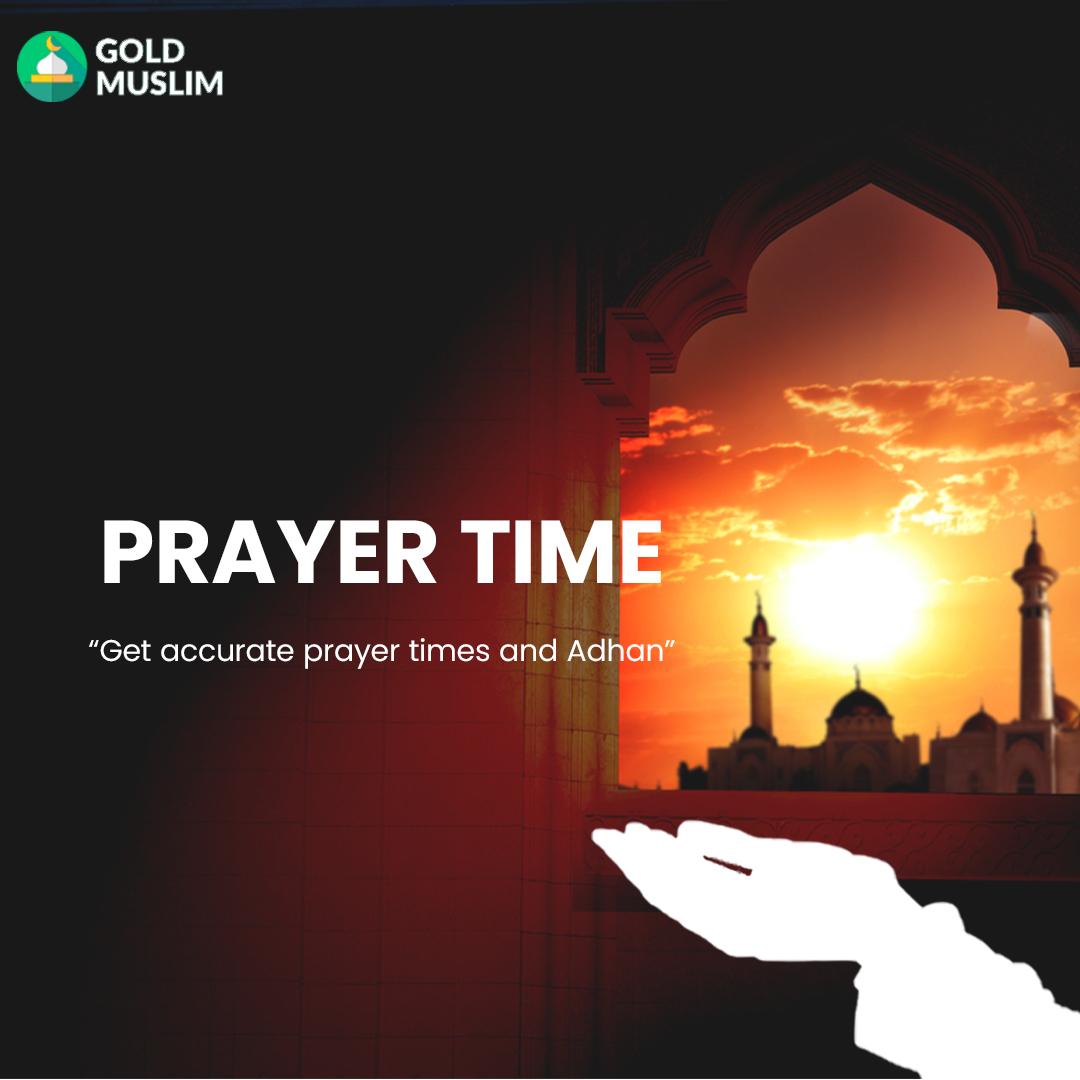What Is The Importance of The Qiblah?

In reality, you have raised a crucial issue.
The straightforward response to this is that Muslims do not worship their qiblah (the direction in which they pray) and do not face it for any other reason than because God has instructed them to.
But why is it required of them to do this? What kind of wisdom is it to pray with one direction in mind? Does it go beyond simply facing in a certain direction?
Let's look at some characteristics of God's intelligence in this context while keeping in mind that since God's understanding is limitless and ours is finite, we will never fully understand it.
First and foremost, facing the qiblah is a test of our willingness to follow God's instructions even when we don't fully comprehend them. Muslims must submit to God since they are His servants.
Trusting that He has insight in everything, even though we are unable to comprehend it, is one of the signs of submission. We hope that we have passed the test when we turn toward the qiblah with the aim of submitting to God.
The qiblah's significance as a symbol of Muslims' spiritual oneness is yet another facet. Muslims from all over the world gather in large and tiny concentric rings to pray while experiencing a sense of community and connecting to one another.
As a result, all Muslims in the globe are brought spiritually together and develop a sense of community.
On a personal level, it is commonly known that doing the Hajj (a journey to Makkah) is one of the five pillars of Islam and one of the primary Islamic acts. Muslims all across the world, including those who are not performing the Hajj, face Makkah five times every day to express their desire and devotion to carry out this important Islamic rite.
It seems as though they are always affirming their commitment to achieving it sooner or later. Five prayer times a day, when they face the Kabah, they are there spiritually even if they are not physically present.
The idea that everyone in this world has a direction in his or her life, whether it be physical or spiritual, is another crucial element that I believe is quite relevant today.
Some people strive to display their religious views in a certain way by using them as their direction. Some people choose to live according to different ideas and attempt to communicate that in other ways.
People only experience loss and disturbance when they lose their course. Given that Islam is a monotheistic faith and because Muslims hold the belief that the Almighty God transcends time, space, and human perception, we cannot face the skies in prayer because it is impossible; instead, we lift our hands in prayer to ask God for assistance.
When it comes to prayer, we are instructed to face the location where the Quran's initial verses were revealed and where the heavens and the earth were connected. We are also instructed to face the location where Islam originally emerged.
Why the Kabah, though? That is a further crucial aspect to bring up in this discussion. Simply because we do not worship the Prophet, Muslims do not face Madinah, where the Prophet's (peace be upon him) burial is located. Both grave worshippers and human worshipers are not Muslims.
Muslims face the Kabah because it was erected by Adam and elevated by Prophet Abraham and is the first sacred building ever constructed for humanity. They thereby associate themselves with these outstanding prophets.
This demonstrates that Islam is the authentic religion of God, given to all prophets and messengers throughout history and codified by Muhammad. Adam entered the Kabah at the beginning, and Muhammad exited the Kabah at the conclusion.
Abraham, the founder of the Abrahamic faiths, erected the Kabah structure in accordance with God's instructions. He lived in between these two great prophets.
Another sign of our affection for this great prophet and evidence of our connection to other Abrahamic religions through our connection to Abraham himself is our prayerful facing of the Kabah.
The Quran attests to the fact that the Holy Mosque in Makkah was the first mosque ever constructed for mankind and the first site of prayer, as Almighty God says in the Quran:
{Most surely the first house appointed for men is the one at Bakkah [Makkah], blessed and a guidance for the nations.} (Aal `Imran 3:96)
Of course, the word “Bakkah” here is another name of the Holy City of Makkah. The verses of the Quran also confirm the link with Abraham:
{In it are clear signs, the standing place of Abraham, and whoever enters it shall be secure, and pilgrimage to the House is incumbent upon men for the sake of Allah, (upon) everyone who is able to undertake the journey to it; and whoever disbelieves, then surely Allah is Self-sufficient, above any need of the worlds.} (Aal `Imran 3:97)
Honoring the Kabah is not a concept that Islam created. In Arabia, it is a very old custom that Arabs have carried on from their ancestors, the prophets Ishmael and Abraham, who revered and loved the sacred site.
Muslims are restoring this historic practise in order to fulfil God's command to authenticate the Prophets' lengthy lineage and the connection between heaven and earth.
- Industry
- Art
- Causes
- Crafts
- Dance
- Drinks
- Film
- Fitness
- Food
- Games
- Gardening
- Health
- Home
- Literature
- Music
- Networking
- Other
- Party
- Religion
- Shopping
- Sports
- Theater
- Wellness
- News


